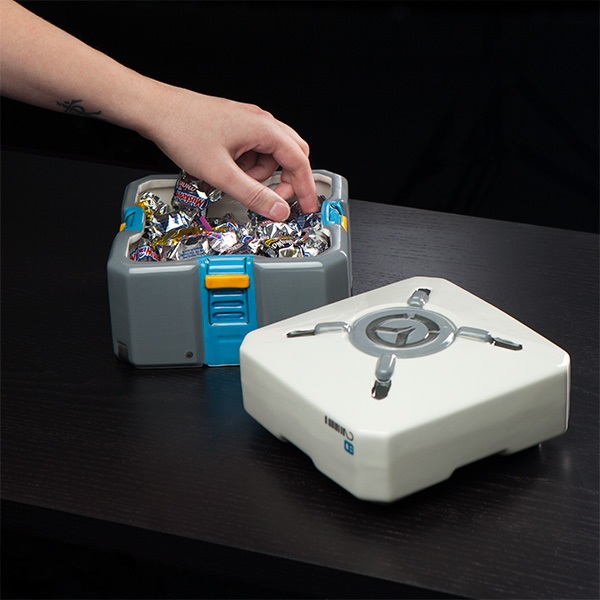
As governments around the world enact or consider regulations that would treat randomized video game loot box purchases as gambling, Entertainment Software Association President Michael Gallagher defended loot boxes as just an example of innovative and creative new monetization models his member publishers are trying.
Gallagher made his first extensive public comments on the loot box issue in a speech at the Nordic Game Conference this week (quoted extensively by GamesIndustry.biz). At the event, he said the game industry is "really, really good at... engag[ing] consumers, and build[ing] a business model around our products that is dynamic, exciting and, at the end of the day, profitable... in a way where the gamers are pleased with how we interact with them." Government regulation of loot boxes, on the other hand, "challenges our industry's freedom to innovate, and impairs our ability to continuously test new business models, which drive creativity and engagement with our audience."
Noting that loot box-style mechanisms have existed in games for a long time, Gallagher suggested that gamers can essentially vote on the practice with their wallets; a form of "the consumer telling you if something is right or wrong by their participation... Those that get it right will be rewarded," he said. "Those that don't won't."
Of course, some argue that loot boxes can be addictive (and therefore very profitable and "rewarding" for publishers) without providing any evidence that those publishers are "getting it right." But Gallagher tried to draw a sharp line between optional loot box purchases and gambling. "Video games never take money from a player and leave them with nothing," he argued. "They never do. Players always receive an in-game feature that aids in customizing their experience."
Gallagher also suggested that buying random in-game items doesn't count as gambling because those items can't be converted into real-world value, saying "there's not an exit path, to turn that into something outside of the game." This statement seems to disregard official services like the Steam Community Market and gray market third-party sites which let players trade in-game items for cash and vice versa.
While regulators in Belgium and the Netherlands have determined that loot boxes can be a form of gambling, Gallagher noted that gambling authorities in New Zealand and the UK have come to the opposite conclusion. "When you look at these other decisions, we can't go to the lowest common denominator of government around the world, and make that the standard the rest of the world has to live by, and limit the trajectory of the industry," he argued.
Instead, Gallagher pushed for continued industry self-regulation, like the Entertainment Software Rating Board's recent decision to add a prominent label to all rated games that have any in-game purchases (loot box or not). "Going to the one or two isolated over-reactions... and then making that the standard and doing that industry-wide? That's not going to be productive for the industry, or for gamers," he said.
You must login or create an account to comment.